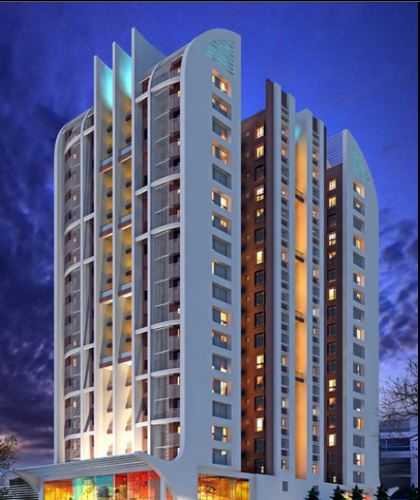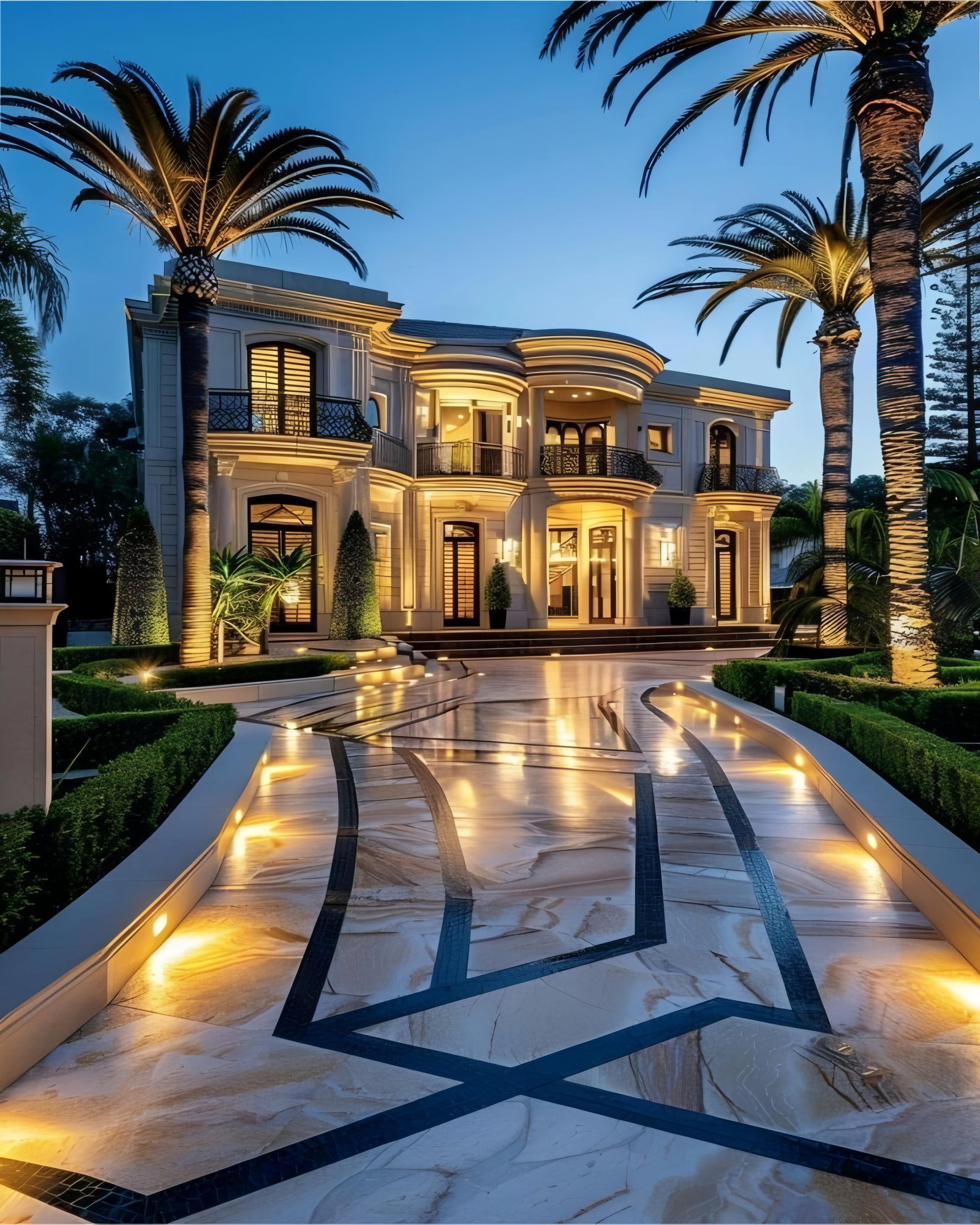
Smart Homes & PropTech Innovations: Shaping the 2025 Homebuyer’s Experience
From Automation to Personalization
In the mid-2010s, smart homes were often characterized by simple conveniences such as remote-controlled lighting or voice-activated thermostats. Fast forward to 2025, and these features have evolved into fully integrated systems that learn from users’ habits to deliver highly personalized living environments. Motion sensors detect your presence and adjust the ambiance of each room accordingly, energy management systems optimize resource usage, and AI-powered home assistants understand your daily routines, adjusting lighting, climate, and even music playlists to suit your mood.
This level of personalization is not limited to the inside of the home. Landscape irrigation, community facilities, and even parking arrangements can be controlled and optimized through interconnected networks. The result is a home environment that is not only efficient and comfortable but also sensitive to individual preferences and environmental conditions.
PropTech: Redefining Property Transactions
Beyond the home itself, the property buying and selling process has also undergone a technological renaissance. Innovations in property technology, or PropTech, have made transactions more transparent, secure, and user-friendly. Buyers can now explore properties virtually through immersive 3D tours, augmented reality (AR) simulations, and digital showrooms that allow them to visualize the layout, finishes, and furnishings before ever stepping foot on-site.
Blockchain-based platforms and smart contracts streamline the legal and financial aspects of property transactions. These technologies reduce paperwork, speed up approvals, and ensure secure, tamper-proof record-keeping. Escrow processes become more efficient, eliminating the time and stress traditionally involved in closing deals. With just a few clicks and digital signatures, buyers and sellers can finalize agreements, verify titles, and transfer funds, significantly reducing transactional friction.
The Internet of Things (IoT) and Data-Driven Insights
The Internet of Things (IoT) underpins many of these advancements, as countless devices—ranging from appliances and security cameras to building management systems—are connected and constantly exchanging data. Developers, building managers, and homeowners alike benefit from this wealth of information. Predictive maintenance ensures that repairs are done before major issues arise, while real-time energy monitoring helps reduce costs and environmental impact.
For investors, IoT-driven analytics provide unprecedented insights into market behavior and property performance. Real-time data on occupancy rates, tenant preferences, seasonal fluctuations, and maintenance costs enable more informed decisions. Whether you’re choosing a high-end apartment, a penthouse, or an off-plan investment, data-driven insights ensure you’re backed by actionable intelligence rather than guesswork.
Enhanced Security and Privacy
Smart locks, facial recognition entry systems, and AI-driven surveillance have significantly elevated the standard of security within Dubai’s residential developments. These technologies not only deter potential intruders but also provide a sense of reassurance and safety for residents. For those concerned about privacy, robust data encryption and advanced cybersecurity measures ensure that personal information and home networks remain protected.
Building operators and homeowners can control data access, granting temporary permissions to guests, service providers, or maintenance crews. As cyber threats evolve, continuous updates and compliance with international data protection standards ensure that the smart home environment remains secure and trustworthy.
Improved Sustainability and Cost Savings
Energy management is a key area where smart technologies deliver tangible benefits. Automated systems that monitor and adjust lighting, temperature, and water usage reduce utility bills and lower the environmental footprint of each household. Over time, these efficiencies translate into cost savings, making the initial investment in smart home infrastructure more than worthwhile.
Sustainability tracking tools integrated into building management systems allow residents to monitor their environmental impact, encouraging more responsible consumption habits. This data can also influence community-level decisions, prompting bulk upgrades to infrastructure or amenities that further enhance the property’s sustainability profile.
A Customer-Centric Market
As PropTech matures, the power dynamics in real estate have shifted increasingly toward the consumer. Buyers and tenants now expect digital convenience, transparent data, and near-instantaneous responsiveness. In a world where virtual viewings, online contract signings, and AI-generated property recommendations are the norm, the Dubai real estate market of 2025 is defined by its customer-centric approach.
Real estate agents and developers are not just selling properties—they are curating personalized experiences. From chatbots that handle initial inquiries to AI-driven analytics that recommend properties aligned with a buyer’s lifestyle and budget, the industry has adapted to the digital age by focusing on building trust, convenience, and value.
In the end, smart homes and PropTech innovations have redefined what it means to buy, sell, and live in Dubai’s real estate market. By 2025, technology is not a mere accessory but a fundamental cornerstone of the industry, creating environments and experiences that elevate the standard of modern living.






Leave a Reply
Comments